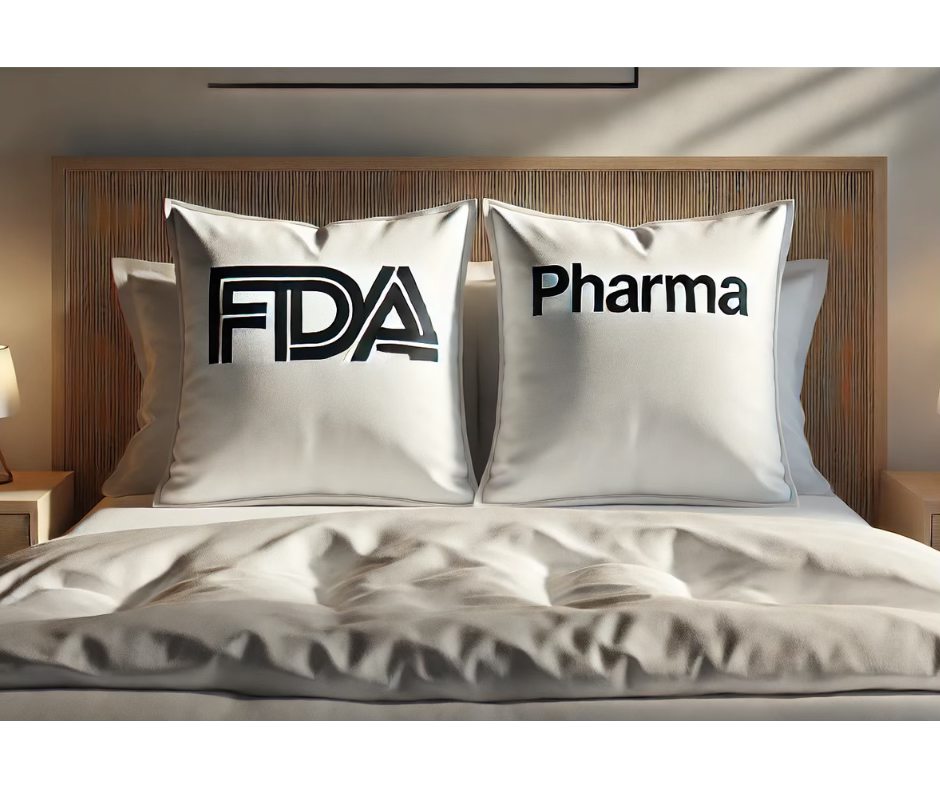The FDA is supposed to be the watchdog — the agency that makes sure the drugs and medical products we use are safe and effective. It’s one of the most powerful public health institutions in the world. But for years, people have been asking a simple question: how independent is the FDA, really?
That question keeps coming up for a reason. There’s a long, well-documented history of high-ranking FDA officials leaving the agency and landing cushy jobs in the pharmaceutical industry — often with the same companies they used to regulate. It works the other way too: people from pharma join the FDA, then go back to industry later. It’s a revolving door, and it’s spinning fast.
When Regulators Become Industry Insiders
Let’s talk specifics. Dr. Scott Gottlieb was the FDA Commissioner from 2017 to 2019. Just a few months after stepping down, he joined Pfizer’s board of directors. That’s not illegal, and it doesn’t mean he did anything shady while in office. But it sure doesn’t look great. Pfizer is one of the biggest drug companies in the world — and the FDA, under Gottlieb, made major decisions that directly impacted Pfizer’s bottom line.
And he’s far from alone. Julie Gerberding, once the head of the CDC, left government to run Merck’s vaccine division. Daniel Troy, former chief counsel at the FDA, later became a top executive at GlaxoSmithKline. These moves are common enough that no one in D.C. is surprised by them anymore. But that doesn’t make them okay.
When regulators can cash out by joining the very industries they oversaw, it raises serious concerns about whose interests they were serving in the first place.
The Real Problem: Conflicts of Interest
The problem here isn’t just about people switching jobs. It’s about trust — or the lack of it. If the public starts to believe that FDA officials are just waiting for a big pharma payday, it undermines confidence in every decision the agency makes. And it’s not hard to see why.
Even if someone does their job ethically and by the book, the appearance of a conflict of interest can be just as damaging. And let’s be real: when you know a seven-figure job offer could be waiting for you after you leave office, it might influence how tough you’re willing to be on a company while you’re still in charge.
That’s how regulatory capture works. The agency meant to keep drug companies in check starts working in a way that benefits those same companies — sometimes without even realizing it.
We’ve Seen the Fallout
If you want a real-world example of how bad this can get, look no further than the opioid crisis. In the 1990s, the FDA approved OxyContin with a label suggesting it was less addictive than other painkillers. That claim wasn’t backed by solid evidence. We now know it was catastrophically wrong.
But here’s the kicker: the FDA reviewer who approved that label left the agency and later worked for a firm that consulted for Purdue Pharma, the maker of OxyContin. It’s hard not to connect the dots.
This wasn’t just a bureaucratic error — it was a public health disaster. Thousands of lives were lost. And it all started with a decision that never should have been made.
So, What Can Be Done?
There have been efforts to fix the revolving door problem. Some lawmakers have proposed mandatory waiting periods before FDA officials can take jobs in the industry. There have also been calls for more transparency around conflicts of interest, and for tighter rules about post-government employment.
But so far, real change has been slow. The culture inside the FDA — and in Washington more broadly — still sees this kind of career path as normal. That’s a problem.
We need regulators who aren’t just competent, but also clearly independent. The public has to believe that decisions are being made based on science, not on someone’s future job prospects.
Why It Matters Now More Than Ever
Public trust in institutions is already fragile. If people start to think the FDA is just an extension of the pharmaceutical industry, they’ll stop listening — even when it really matters. We saw that during the pandemic, when vaccine skepticism ran wild. Some of that was fueled by misinformation, yes, but some of it came from a deeper mistrust in the system itself.
If we want people to trust the FDA, we need to make sure it deserves that trust. That means closing the revolving door — or at the very least, slowing it down. Because right now, the line between regulator and industry insider is just too blurry.
And when the people who are supposed to protect us are sitting on both sides of the table, it’s fair to ask: who’s really looking out for us?
Visit https://PatriotswithGrit.com for video and audio podcasts. While you’re at it, check out our Patriots Partners store where you will find awesome products and services from conservative, patriot-owned companies.
Please share our truths.



